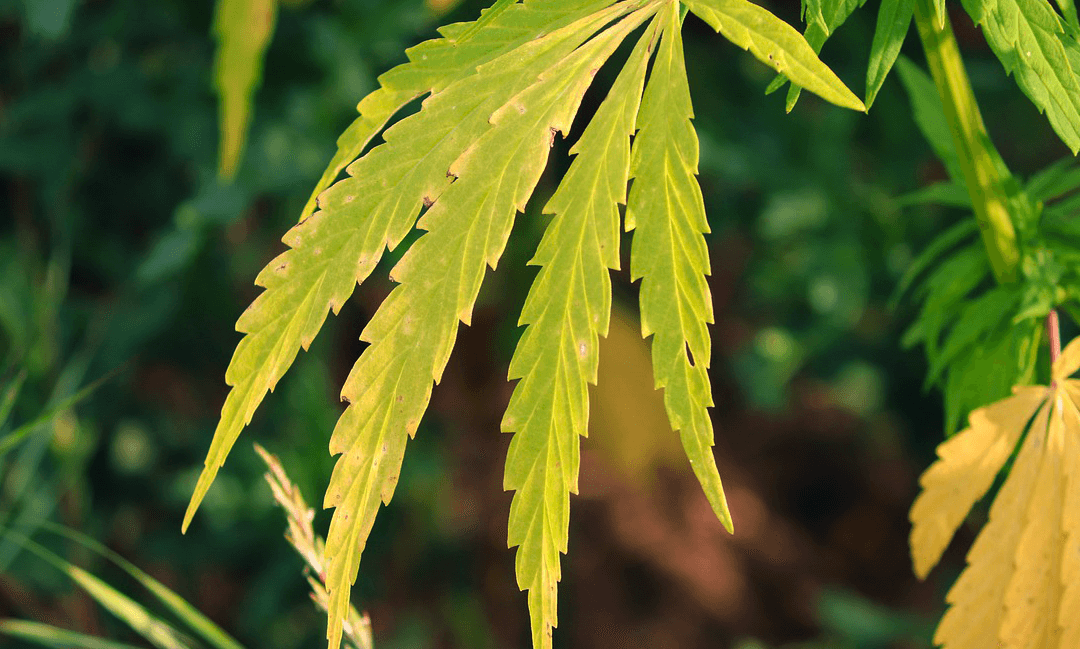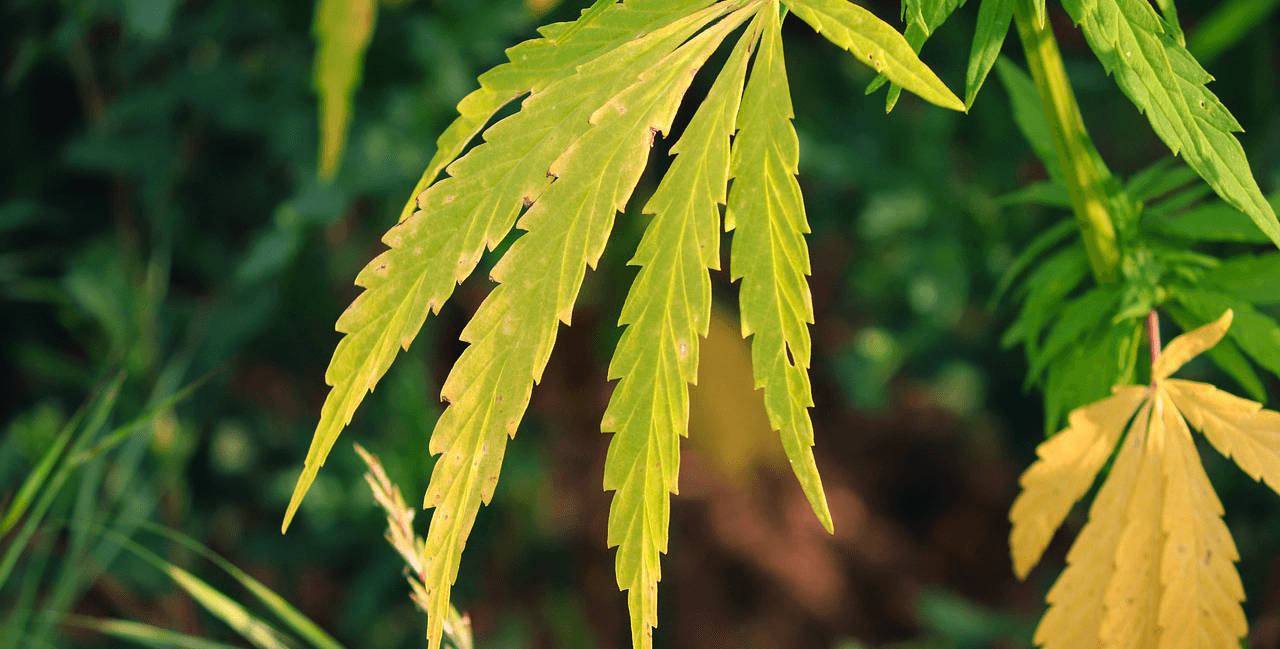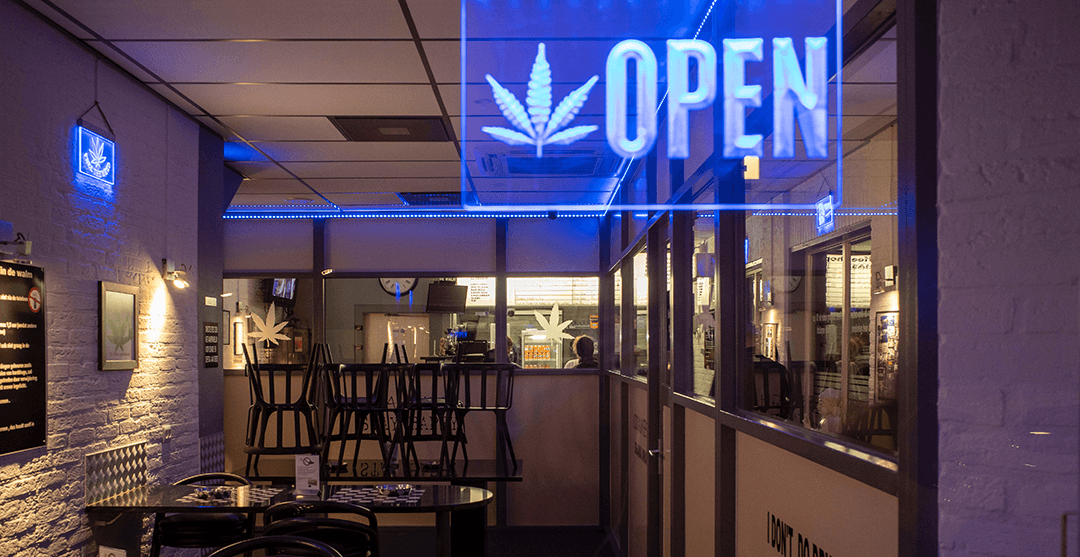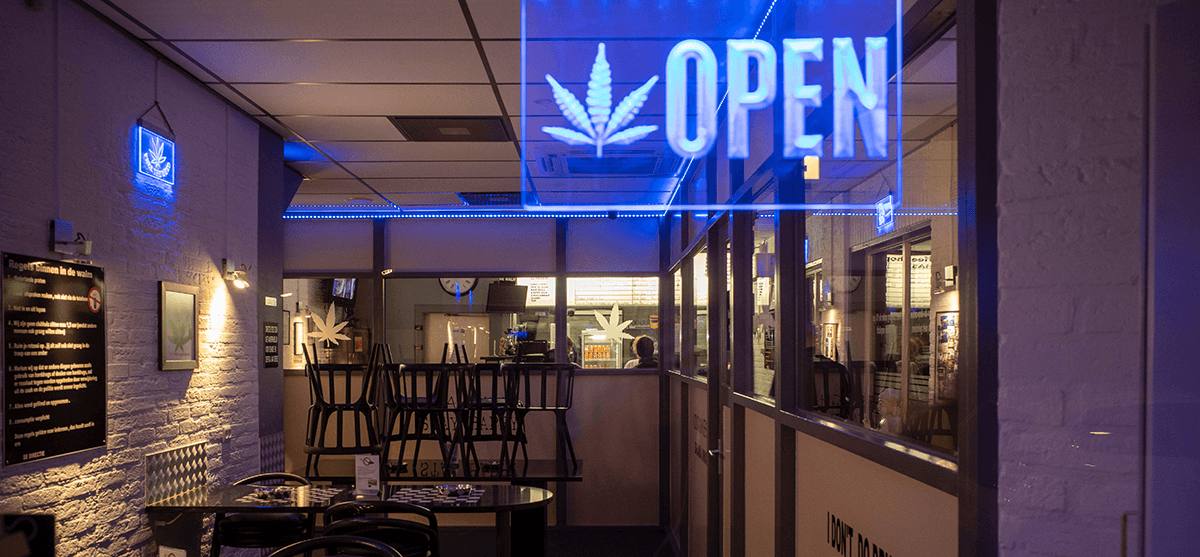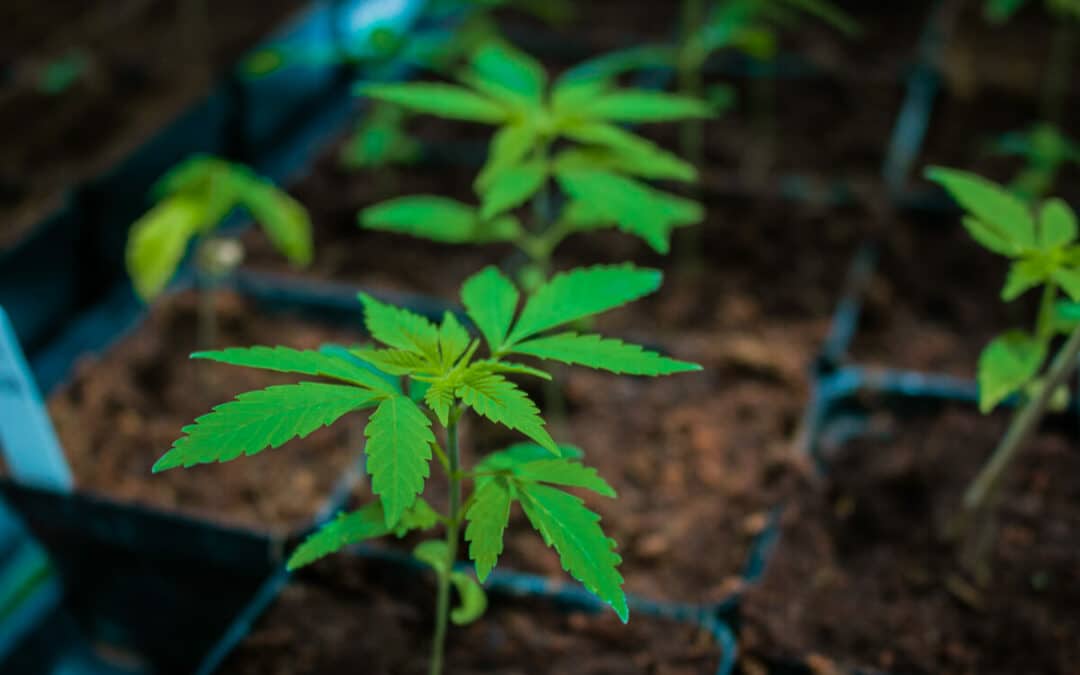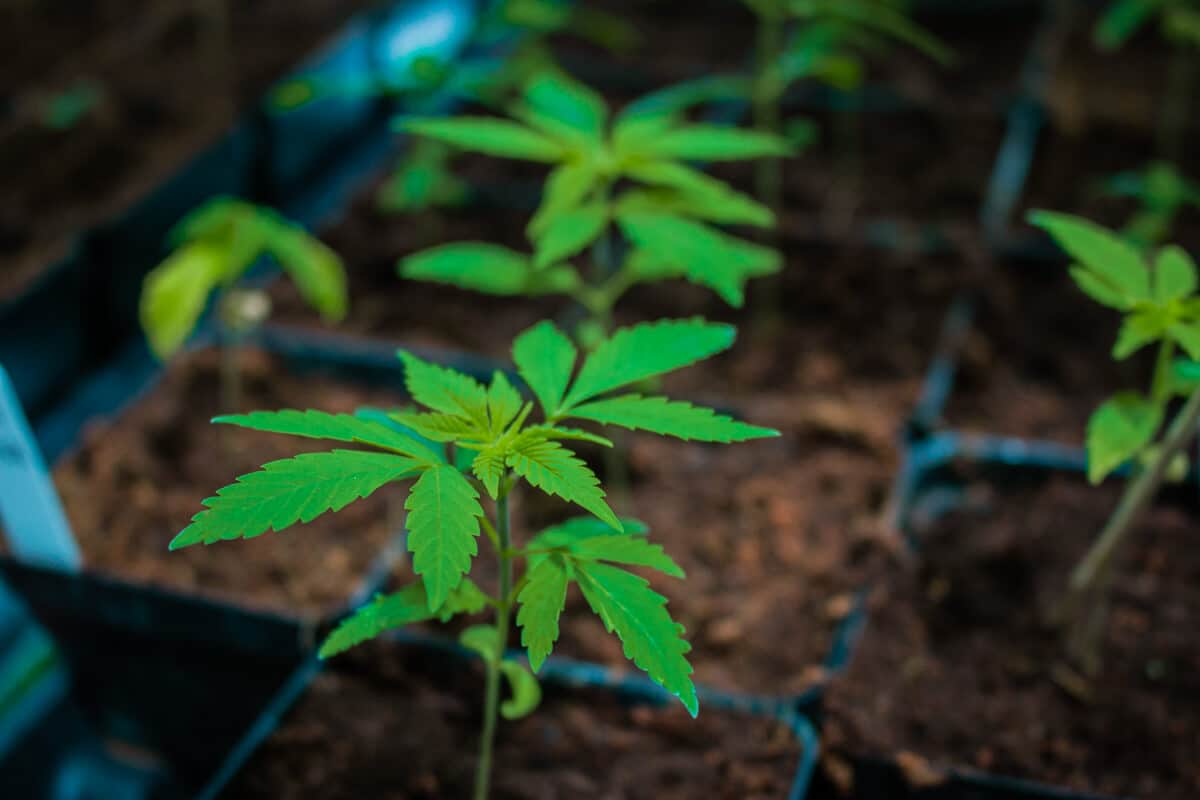
Cannabis dispensary association drops suit over delivery rules

Stung by an exodus of members since it filed suit to block new cannabis industry rules permitting home delivery, the business group that represents most of the state’s brick-and-mortar marijuana shops announced Monday morning that it is dropping the legal challenge.
The Commonwealth Dispensary Association and its attorneys from Foley Hoag argued in a suit that the new delivery-only license types created by the Cannabis Control Commission violated the state’s marijuana law, which they said gives the retailers the right to deliver cannabis under their existing licenses.
“Simply, the CCC overstepped its authority and disregarded state law, radically upending the established rules that hundreds of small businesses and their host communities operated in accordance with since 2016,” the CDA said in a statement when it filed its suit earlier this month.
The lawsuit was seen by some as an attack on the disadvantaged entrepreneurs and small businesses that the CCC’s new delivery model was intended to help and a number of retailers publicly broke from the CDA as news of the suit spread. Delivery-only licenses with the ability to buy marijuana wholesale will be available exclusively to participants in the CCC’s social equity program and economic empowerment applicants for the first three years.
“We are leaving because of our belief in creating economic opportunity for social equity applicants,” Cultivate, which has shops in Leicester and Framingham and was one of the first two non-medical retailers to open in the state, said. New England Treatment Access, one of the state’s largest marijuana firms with shops in Northampton and Brookline, and about 10 other companies also left the CDA in recent days, the Boston Globe reported.
The CCC’s new regulations create two delivery license types: a “marijuana delivery operator” that can buy products wholesale from growers and manufacturers and sell them to their own customers, and a “marijuana courier” that can charge a fee to make deliveries from CCC-licensed retailers and dispensaries. Advocates have argued that delivery-only licenses will help level the playing field between large corporations and small businesses because the barriers to entry for delivery are less burdensome than those for retail licenses.
The CDA said the “difficult decision” to sue the CCC over the delivery rules was “supported by the vast majority of members” and “reflected our concerns on the negative impact these regulatory changes might have on the industry as a whole.” Still, CDA leaders said they decided “it is in the best interest of the industry and our members to drop the lawsuit.”
“We all need to be working together on achieving our many shared objectives, including increasing the participation of a diverse set of entrepreneurs in the industry,” the group said as it pledged to work with groups like the Massachusetts Cannabis Association for Delivery (MCAD).

